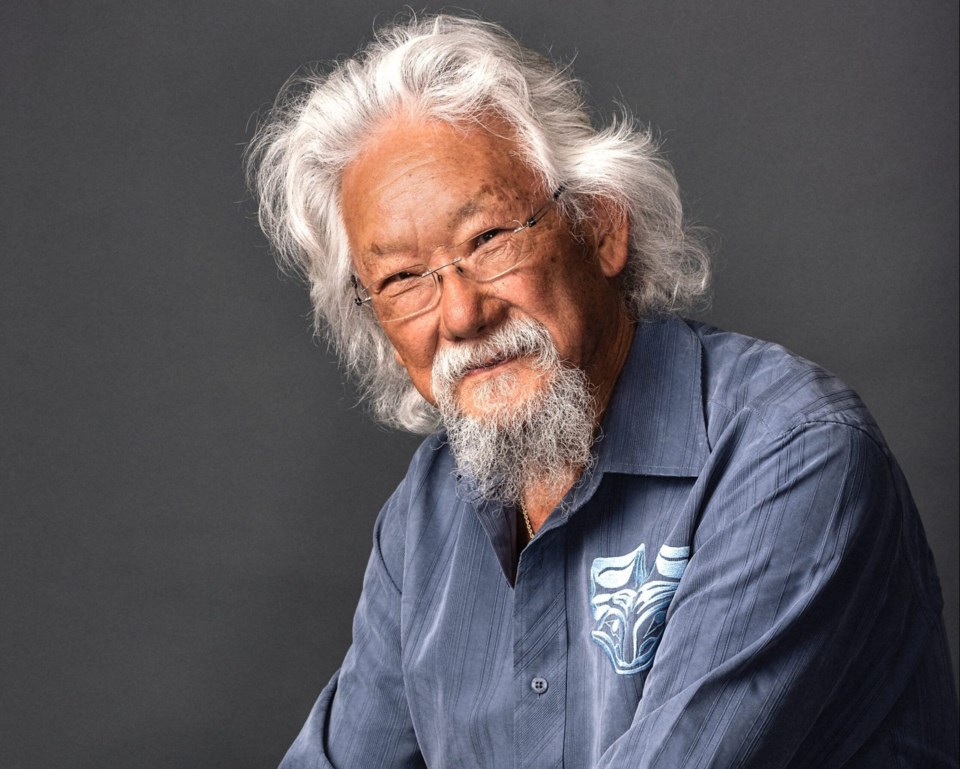The oil industry and its government boosters often boast about efforts to reduce greenhouse gas emissions — sometimes touting expensive and largely unproven remedies such as carbon capture and storage. What they don’t say is that their already inadequate measures only count emissions from digging up and processing bitumen, coal, gas and oil. Most of the carbon dioxide and other climate-altering gases are released when the products are burned.
When assessing new projects or reporting on emissions, countries that sell fossil fuels don’t include the most significant source: combustion of exported fuels.
That could change. The European Free Trade Association Court recently declared that European Union law “prohibits the approval of fossil fuel projects without first assessing the global climate impacts of their emissions, including those generated when oil and gas is eventually burned — so-called scope 3 emissions.”
It’s impossible to accurately assess a product’s climate impact without considering its life cycle. For emissions, that includes scopes 1, 2 and 3. Scope 1 are from operations directly owned or controlled by a company or organization. Scope 2 include a company’s energy consumption. Scope 3 are emissions produced because of the company or its products, but by outside sources — such as when Canadian bitumen or fracked gas (LNG) exports end up burned in a gasoline engine or running a gas turbine in importing countries.
Although the EFTA Court decision only applies to EU members and Norway, Iceland and Liechtenstein, it could have far-ranging consequences. It was the result of a lawsuit filed in Oslo, Norway, by two environmental organizations against three oil and gas projects in the North Sea. They argued project approvals were unlawful because they “failed to account for Scope 3 emissions — the GHGs released when the extracted oil and gas is eventually burned, which represent the vast majority of emissions linked to fossil fuel use.”
The Norwegian Supreme Court previously found that the country’s energy ministry violated national and international law in approving the three oil fields without a Scope 3 assessment. In a similar case, the British Supreme Court found an oil development there illegal because of a failure to conduct environmental impact assessments for burning the oil and gas.
These cases could set a precedent for other countries and could mean tightened restrictions on European oil and gas imports, including from Canada. If nothing else, they shine a light on the significance of Scope 3 emissions — and the fact that Canadian impact assessments don’t consider exported fuel. This scrutiny — along with new federal greenwashing guidelines — could hinder the fossil fuel industry’s efforts to cover up its enormous carbon footprint, affecting the fading oil industry and the heavily subsidized and still-growing LNG industry.
Leaving the most significant, climate-altering scope out of gas and oil’s greenhouse gas equation isn’t the only way companies (and governments) intentionally mislead. A 2024 study found that the Pathways Alliance, a coalition representing six major oilsands companies, engaged in “selective disclosure and omission, misalignment of claim and action, displacement of responsibility, non-credible claims, specious comparisons, nonstandard accounting, and inadequate reporting.”
Because heavy oilsands bitumen is more difficult to extract and process than ordinary crude, requiring much more water, its scope 1 and 2 impacts are already significant. And it must be diluted with harmful chemicals and gases before it can be transported through pipelines.
The LNG industry has also been criticized for greenwashing. Trying to brand “natural gas” as a climate solution, as a bridge or transition fuel, is the most egregious example. Gas companies are also charging extra for what they call “renewable natural gas” derived from organic materials such as food or agricultural waste. But higher-paying customers get the same gas in the same pipelines as all customers, and a negligible amount is RNG.
The fossil fuel industry will stop at nothing to keep profits rolling in, no matter how much damage its products cause. Now it’s trying to use U.S. tariffs to get pipelines built, projects approved and impact assessment processes weakened.
It’s time Canada started taking a closer look at the entire life cycle of the products it sells, including Scope 3 emissions. The more we shine a spotlight on the oil, gas and coal industries’ deceptive strategies, the harder it will be for them to downplay the devastating consequences of using their products.
David Suzuki is a scientist, broadcaster, author and co-founder of the David Suzuki Foundation. Written with David Suzuki Foundation Senior Writer and Editor Ian Hanington.
Learn more at davidsuzuki.org.




